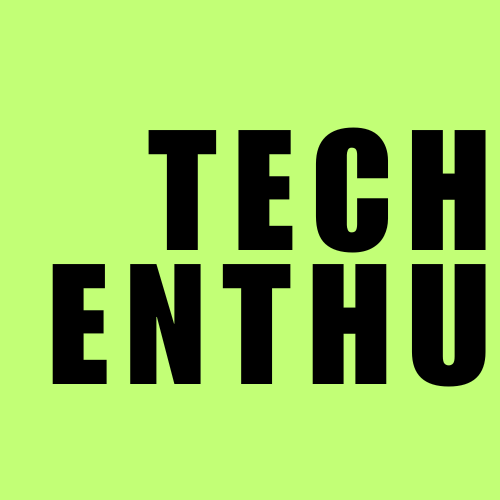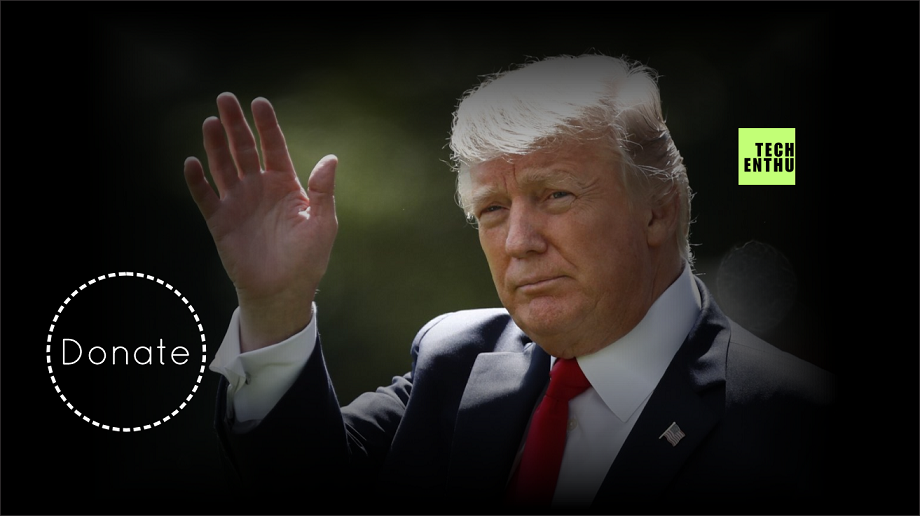US Senators are investigating big tech and crypto firms, including OpenAI’s Sam Altman, over donations to Trump’s inauguration fund, citing influence concerns.
US Senators Elizabeth Warren and Michael Bennett have opened an investigation into significant donations made by tech and crypto companies to Donald Trump’s inauguration fund.
The senators allege these contributions may influence regulatory actions and grant special favors from the incoming administration.
OpenAI CEO Sam Altman has come under scrutiny for a $1 million personal donation to Trump’s inaugural fund.
Altman clarified that the donation was made in a personal capacity and not on behalf of his company. However, the inquiry highlights broader concerns about corporate influence in politics, especially from major tech and cryptocurrency firms.
In a January 17 letter, Warren and Bennett asked OpenAI for details about Altman’s donation. The senators also noted that companies like Microsoft, Google, Amazon, and OpenAI, alongside crypto firms such as Ripple, Coinbase, Kraken, Robinhood, and Circle, collectively contributed millions to the fund.
Crypto companies alone donated around $10 million, signaling their optimism that Trump’s administration may enact favorable regulatory changes.
The lawmakers expressed concern about potential ulterior motives, suggesting these donations might be attempts to shape policies or ease regulatory scrutiny.
Some donor companies, including Amazon, Google, Microsoft, and Ripple, are already under federal investigation for legal issues. Warren and Bennett wrote that such contributions could undermine fair competition, workers’ rights, and consumer protection, enabling big tech monopolies to grow unchecked.
They requested specifics about Altman’s donation, including whether OpenAI’s board approved it, who was involved, and any communication with Trump’s team. The senators set a deadline of January 31, 2025, for a full response.
Altman responded on Twitter the same day, stating, “It was a personal contribution… my company did not make a decision.” This case underscores the ongoing debate over corporate money’s role in political processes and its potential impact on governance.



